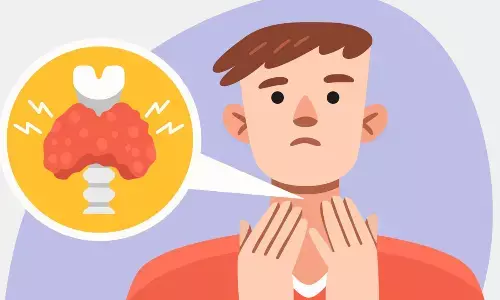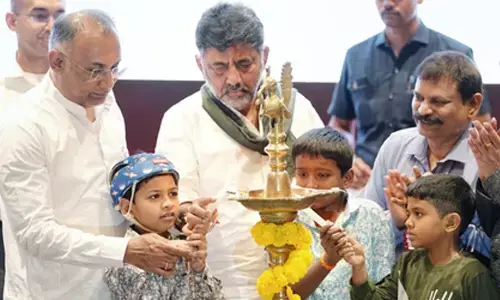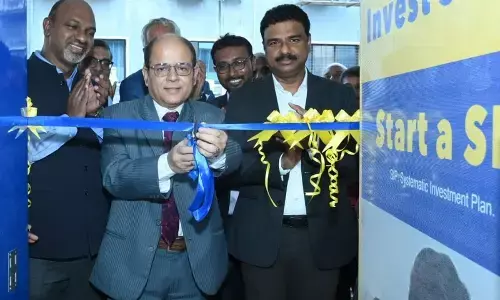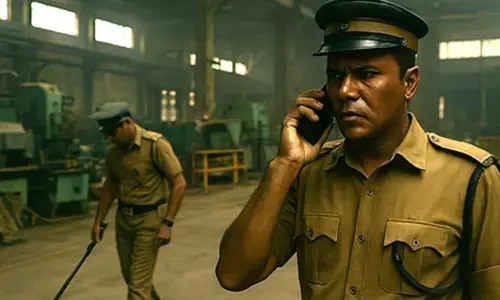New-age VR technology can hone thinking skills of students
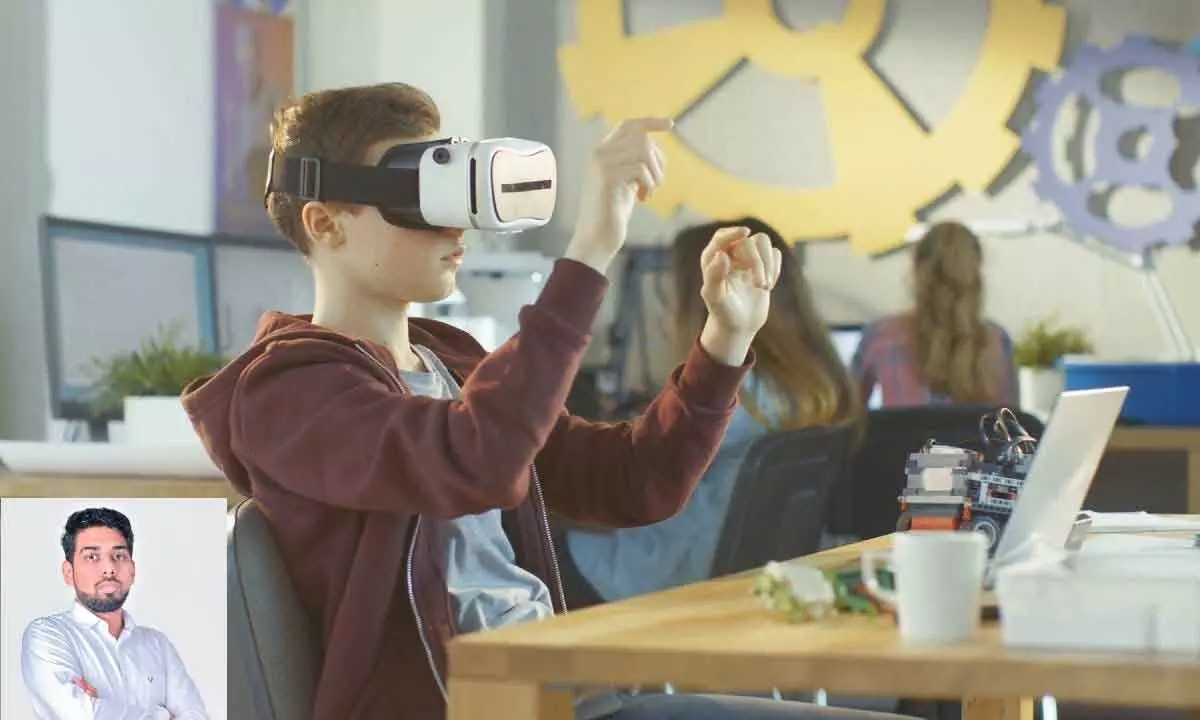
Virtual technology boosts student learning skills by providing opportunities for hands-on, experiential learning. Additionally, VR technology can also be helpful to improve problem-solving and critical thinking skills. By immersing themselves in virtual scenarios, the students can learn to analyse, interpret information, make decisions, and develop solutions to complex problems
One of the most effective ways by which the VR technology is boosting student learning skills is by immersing them in realistic and interactive simulations. This virtual technology allows students to experience concepts and situations in a safe and controlled environment, which can effectively help to improve their understanding and retention of the content. For example, students can learn about historical events through VR simulations. This can help them to bring the past to life by making it more significant and realistic.
Along with this, Virtual technology boosts student learning skills by providing opportunities for hands-on, experiential learning. Additionally, VR technology can also be helpful to improve problem-solving and critical thinking skills. By immersing themselves in virtual scenarios, the students can learn to analyse, interpret information, make decisions, and develop solutions to complex problems.
Virtual reality also contributes to education by enabling immersive teachings that have a lasting impression on students. With the help of VR technology, graduates can transform their skill sets and made immediately applicable.
For students, learning through play, first-hand experiences, and application of knowledge results in a more enticing environment and significantly stronger skill sets. Moreover, all these VR learning opportunities help students develop crucial interpersonal abilities like empathy, teamwork, and social skills that students need for their future.
Virtual learning also enhances students' creativity by supports kids' decision-making and uses their creativity to help them create their own alternate world. In order to bridge the gap between students' abilities and novel learning experiences, VR can be quite helpful. Learning students are less likely to become distracted when using VR since it delivers concentrated immersion and makes it simple to keep them engaged throughout the entire lesson.
VR technology supports students in various different ways:
Access to the wealth of information and remote learning
The VR inclusiveness allows students to join a class from anywhere in the world, interact with the world through digital avatars, and experience the characteristics of a real classroom. Students can enhance their leadership abilities and higher-order thinking skills in such a setting. It also provides privileged access to information that has been handed down and is supported by evidence. In a sea of lies, this information can act as a beacon.
Personalised and interactive experiences
With VR, students can access a variety of educational information, learn at their own pace, and get immediate feedback. Students can better understand complex subjects since it is engaging and immersive. Students' cognitive skills are strengthened as a result. While immersive experiences use a combination of images, sound, and technology to create enduring and compelling worlds, interactive and immersive experiences allow the spectator to explore places through a succession of connected 360° settings.
Boost students' cognitive skills
Cognitive abilities include things like your memory, thinking, focus, problem-solving abilities, reading comprehension, and learning processes. These skills help you stay awake and logical while also speeding up your processing speed. You can focus on one task while being distracted by other things. Thanks to selective attention! You can use logic and reasoning abilities when you recognise a customer's wants and go through a process of brainstorming and problem-solving to meet those needs. When your processing speed is high, your brain can more quickly interpret information and apply it to a work or project.
Authentic assessment
Technology can be crucial in developing authentic evaluation, giving students the chance to evaluate their own work and develop their skills to produce the desired results. Students can learn to improvise their study findings or public speaking techniques, for instance, with the assistance of a virtual tutor. Virtual reality will unquestionably increase the effectiveness of knowledge transfer in education.
Additionally, VR can be utilised to include more modern technology in the classroom and assist students in creating a better future for themselves and those around them.
Lastly, VR technology can also help to improve students' social and emotional skills. For example, students can use VR to practice communication and collaboration skills in a virtual team-building exercise. It can also be used to simulate real-world scenarios and help students develop empathy and understanding of different perspectives.
In conclusion, VR technology is a powerful tool that can help to boost student learning skills by providing immersive, interactive experiences, opportunities for hands-on learning, and opportunities to develop problem-solving, critical thinking and social-emotional skills.
(The author is Co-Founder & VP – Product and Strategic Alliances, iXR Labs)




